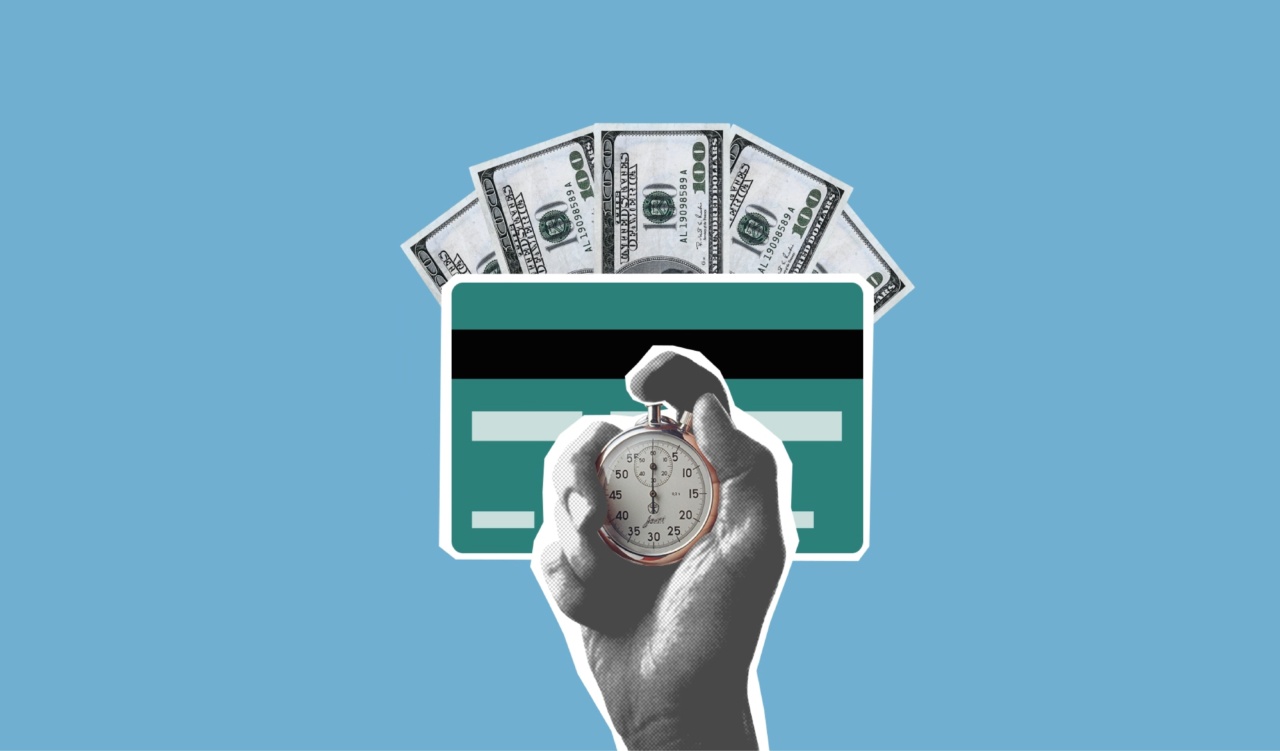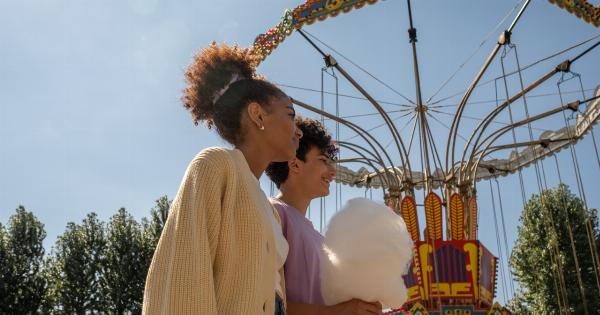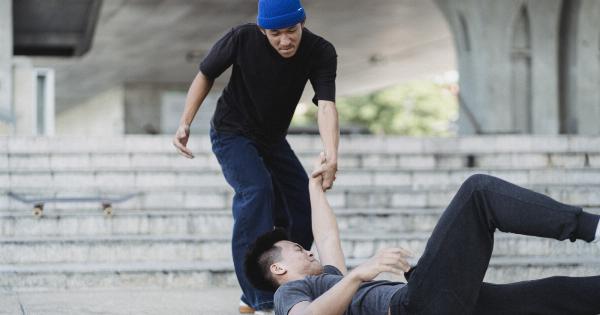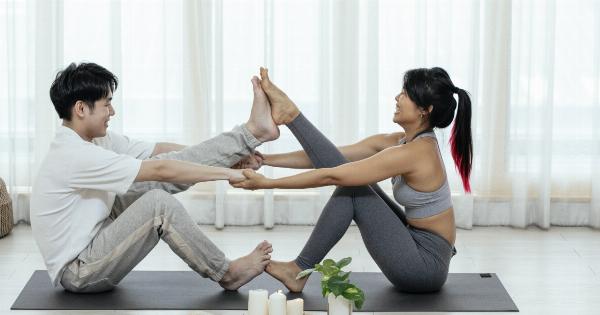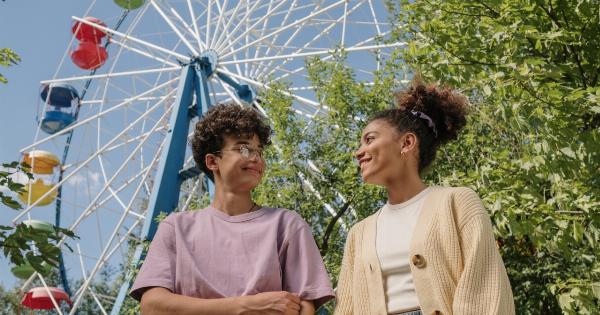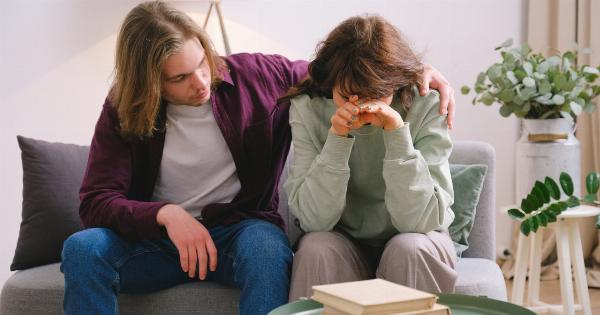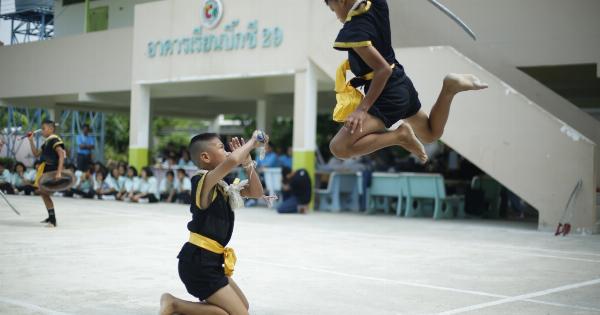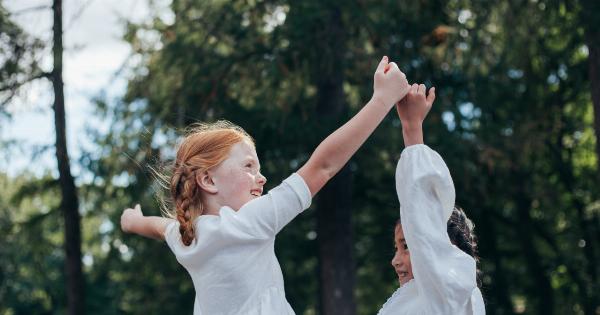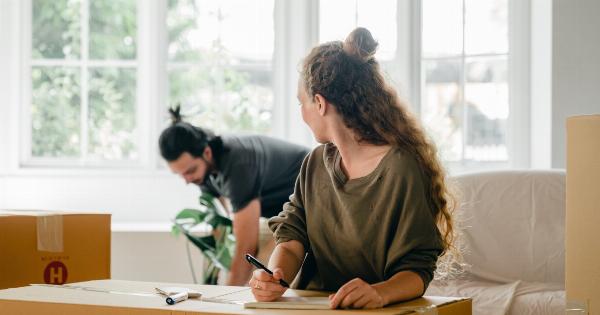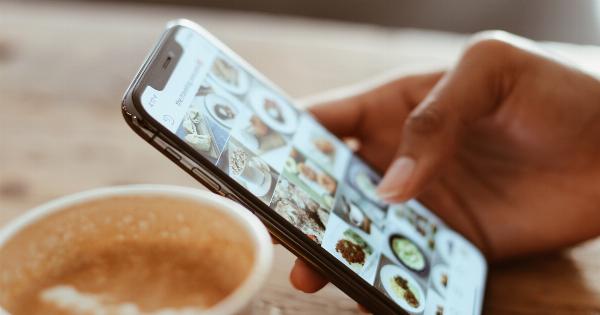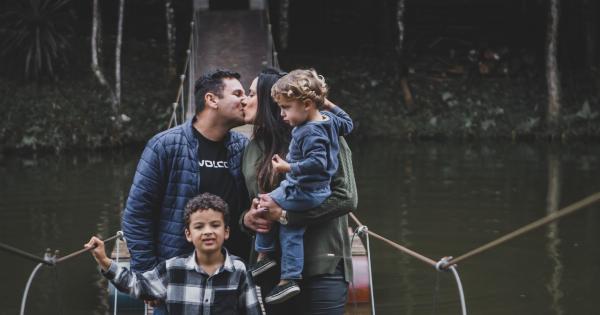First dates can be exciting, nerve-wracking, and full of anticipation. Whether you met someone online, through a mutual friend, or at a social event, it’s natural to wonder how much time you should spend on a first date.
While there is no one-size-fits-all answer to this question, there are a few factors to consider when determining the appropriate duration for your first date.
1. Be mindful of both parties’ schedules
When planning a first date, it’s important to be mindful of both your schedules. Consider whether either of you have any time constraints, such as work commitments or prior engagements.
This will help you gauge how much time you can realistically spend together. It’s always better to have a clear idea of the available time beforehand to avoid any frustrations or disappointments.
2. Start with a shorter time frame
In many cases, starting with a shorter time frame for a first date is a wise approach. This allows both individuals to get a sense of each other’s company without feeling overwhelmed or pressured.
A coffee date or a casual lunch can be an excellent choice for a shorter first date. Aim for a duration of around 1-2 hours to keep things light and relaxed.
3. Pay attention to the chemistry and connection
One of the critical factors in determining the duration of a first date is the chemistry and connection between you and your potential partner.
If you find yourselves engrossed in meaningful conversation, laughing, and genuinely enjoying each other’s company, it’s a positive sign that the date is going well. In such cases, it may be appropriate to extend the date and spend some more time together.
4. Respect personal boundaries
It’s essential to respect each other’s personal boundaries throughout the first date. Not everyone may feel comfortable spending an extended period with someone they have just met.
If either party expresses a desire to wrap up the date after the initially planned time, it’s essential to be understanding and respectful of their boundaries. Remember, a great first date is built on mutual trust and respect.
5. Prioritize quality over quantity
When it comes to first dates, it’s often better to prioritize quality over quantity. It’s not so much about how much time you spend together but rather how well you get to know each other during that time.
Focus on having engaging conversations, actively listening to each other, and discovering common interests. This will help you build a genuine connection, even if the date is relatively short.
6. Consider the chosen activity or venue
The chosen activity or venue for your first date can also influence the appropriate amount of time to spend together. For example, if you plan to see a movie or attend a concert, the duration of the date will be determined by the length of the event.
On the other hand, if you opt for a dinner date, it’s reasonable to expect a more extended time frame to allow for a relaxed dining experience and conversations between courses.
7. Be open to spontaneity
While it’s helpful to have a rough plan for your first date, it’s also important to be open to spontaneity.
If the chemistry between you is undeniable and you both feel a strong connection, you may decide to extend the date or continue it elsewhere. Being open to unexpected opportunities can lead to memorable experiences and deepening the bond between you.
8. Trust your intuition
Ultimately, trust your intuition when it comes to the length of your first date. If you feel an instant connection and wish to spend more time together, go with your gut feeling.
Similarly, if there are red flags or discomfort, it’s essential to honor your instincts and make decisions that prioritize your well-being. It’s crucial to establish clear boundaries and be honest with each other about your expectations.
9. Plan a follow-up date
Regardless of the duration of your first date, it’s always a good idea to plan a follow-up date if you are interested in getting to know each other further. This shows your genuine interest and gives you both something to look forward to.
Whether it’s a second date at a favorite restaurant or an exciting outdoor activity, planning ahead can help solidify your connection and continue building a potential relationship.
10. Reflect on the experience
After the first date, take some time to reflect on the experience. Consider how you felt during the date, the conversations you had, and whether you would like to pursue a deeper connection.
Reflecting on the first date can help you gain clarity about your own feelings and whether it would be worthwhile to invest more time in getting to know the other person.
Conclusion
The amount of time you should spend on a first date can vary depending on various factors. It’s essential to consider both individuals’ schedules, prioritize quality over quantity, and respect personal boundaries.
Trust your gut instincts and be open to spontaneity, as these can lead to valuable and unexpected experiences. Remember, a first date is just the beginning of a potential journey, so focus on establishing a connection and enjoy the process of getting to know someone new.
